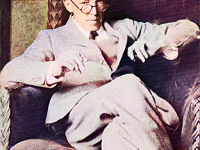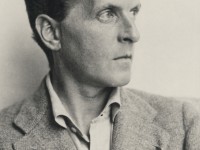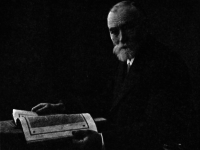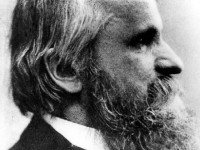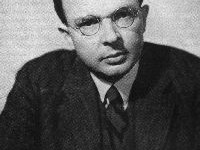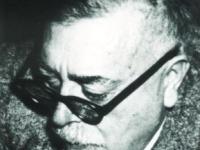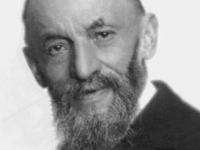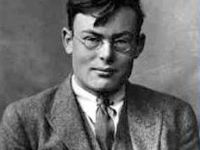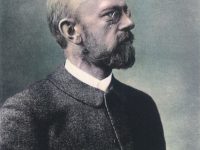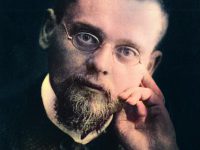G. H. Hardy and the aesthetics of Mathematics
On December 1, 1947, English mathematician G. H. Hardy passed away. Hardy is known for his achievements in number theory and mathematical analysis, but also for his 1940 essay on the aesthetics of mathematics, A Mathematician’s Apology, and for mentoring the brilliant Indian mathematician Srinivasa Ramanujan. “A mathematician … has no material to work with but ideas, and so his patterns are likely to last longer, since ideas wear less with time…
Read more

